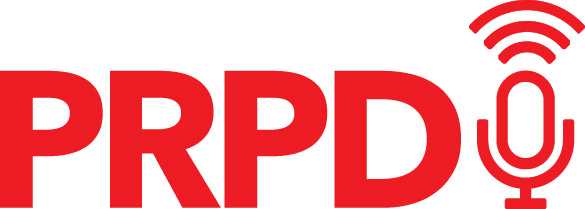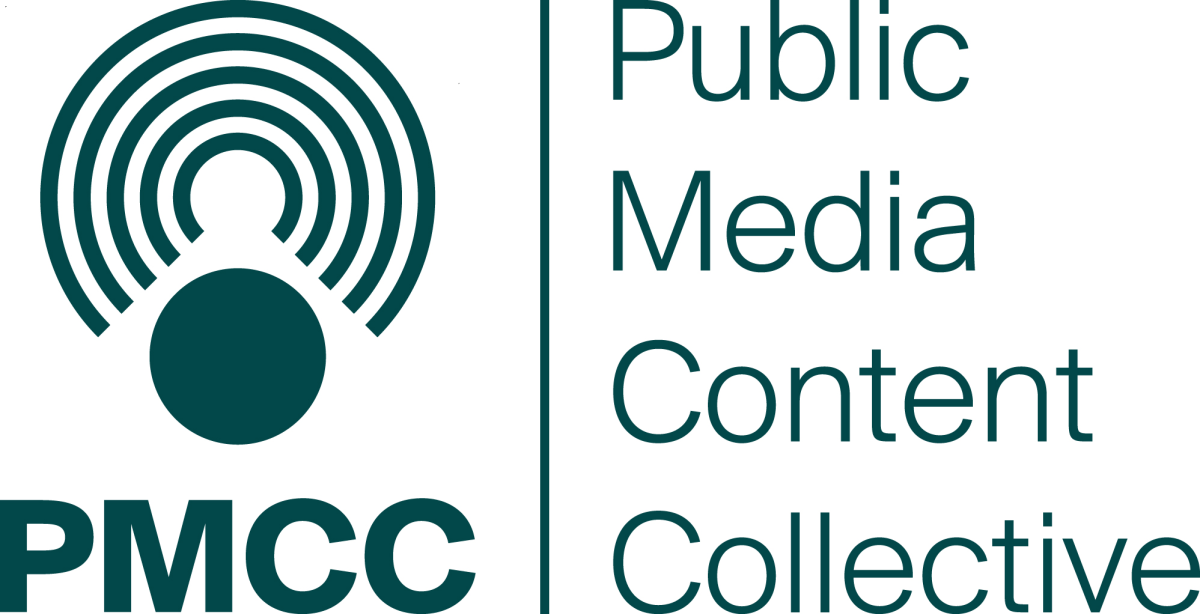Emergency Planning
Image

We are following the recommendations about minimizing exposure to the COVID-19 virus provided by the CDC and the King and Tacoma-Pierce County Health Departments. You are encouraged to read this information in depth. From these sources, here are the steps you can take to prevent the spread of COVID-19 and other viruses:
- Stay home while you are sick and avoid close contact with others. Employees who can work from home should absolutely do so if they are not feeling well or need to provide care for someone else. (More on this below).
- Wash your hands often with soap and water for at least 20 seconds. If not available, use a hand sanitizer containing at least 60% alcohol.
- Avoid touching your eyes, nose, or mouth with unwashed hands.
- Avoid contact with people who are sick.
- Cover your mouth/nose with a tissue when coughing or sneezing, and throw the tissue away. Use your sleeve when a tissue is not readily available.
- Try to use your sleeve or a handkerchief when using public door knobs, elevator buttons, etc. Refrain from shaking hands when possible (try a fist bump, or my new favorite greeting method)
The coronavirus is most dangerous for people with compromised immune systems or with other underlying health issues. If you feel you are in this category, *and* you feel comfortable sharing this information (in confidence), it will help to formulate specific plans to accommodate your needs.
If you begin to feel sick at work, we ask that you notify your manager and leave for home as soon as possible.
We will communicate separately about specific plans for on-air staff, including possible options for cleaning studio equipment (we are researching the best methods for cleaning microphones and boards without damaging them - see below).
Office Cleanliness
A few steps we're taking:
- We have purchased sanitizing wipes for both locations, and they will be placed throughout the office. We recommend using these for routinely cleaning your personal workspace, as well as frequently touched surfaces in common areas (countertops, conference room & kitchen tables, doorknobs, etc.). Please do not use these wipes to clean microphones, sound boards or other broadcasting equipment until you hear from us as they can be damaged if we don't do this properly.
- Bottles of hand gel are available in every studio and distributed throughout both our offices, and we are restocking our supply of tissue paper. If you have any other suggested cleaning items that you think we need, please review the supply ordering form and add items as necessary.
- We have confirmed with the janitorial services that they are increasing their focus on daily cleaning of door handles, surfaces in common areas, and other high-contact areas.
